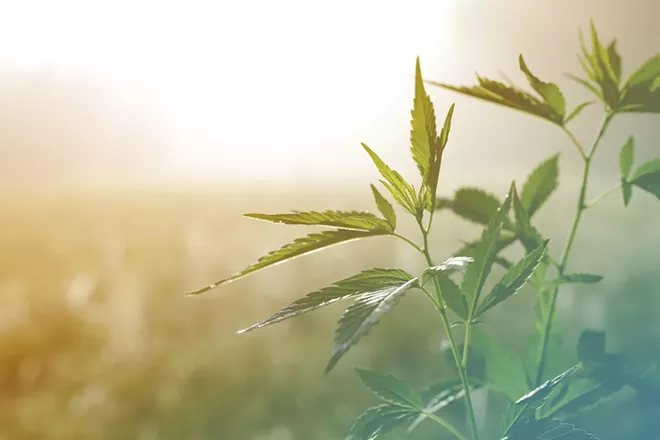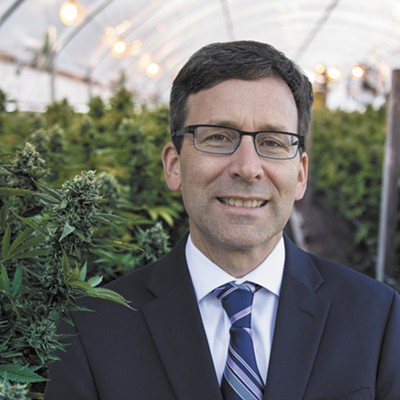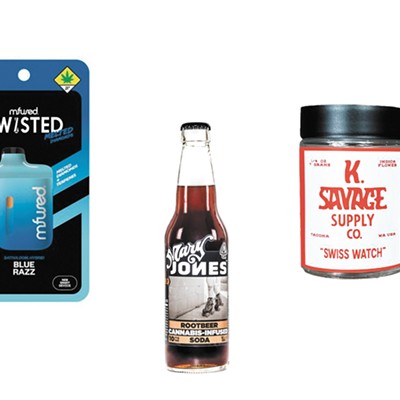At my fantasy football draft earlier this month, a friend showed up with a can of CBD-infused sparkling water purchased from the grocery store.
There's a good chance you've seen this or similar products for sale at your grocer's. This specific product is stocked at my neighborhood grocery store in the same display as probiotic sodas and kombucha — the olive bar is right across the aisle, and frozen peas are around the corner — which is very much not the 21-and-over environment of a state-licensed dispensary.
If you can't buy a joint at the grocery store, why can you buy what is essentially cannabis soda at the same place you purchase your pasta and produce?
The answer is, confusingly, because these products aren't made from what's legally defined as "cannabis." They're made from "hemp."
In the United States, at the federal level, cannabis is illegal. Hemp, however, is not. Which is weird, considering they're the same species of plant.
According to the Centers for Disease Control and Prevention, hemp is defined as "any part of the cannabis sativa plant with no more than 0.3 percent of tetrahydrocannabinol (THC), the mind-altering substance in marijuana."
Notice the definition says nothing about cannabidiol (CBD) or any chemical naturally occurring in cannabis, or "hemp" as they call it, besides THC.
The 2018 Farm Bill passed by Congress and signed into law by former President Trump legalized hemp (not cannabis) nationwide based upon that definition, paving the way for the explosion of "hemp-based" CBD products on store shelves even in states where recreational cannabis remains illegal.
Essentially, hemp is cannabis without the THC. It is cannabis that has been bred to limit THC concentration, similar to watermelons bred to produce a limited number of seeds.
Hemp has numerous industrial uses from biofuel to paper to cloth, which was a major impetus behind the federal legalization. But it also produces cannabinoids like CBD, a chemical people enjoy consuming, which can now legally be incorporated into trendy products like the aforementioned "weed" soda.
CBD products that you find for sale at a store that is not a state-licensed dispensary will be made with hemp, not cannabis.
A loophole that has brought cannabis — sorry, feds, that is the plant's scientific name after all — into quasi-legality even where it isn't. ♦




















